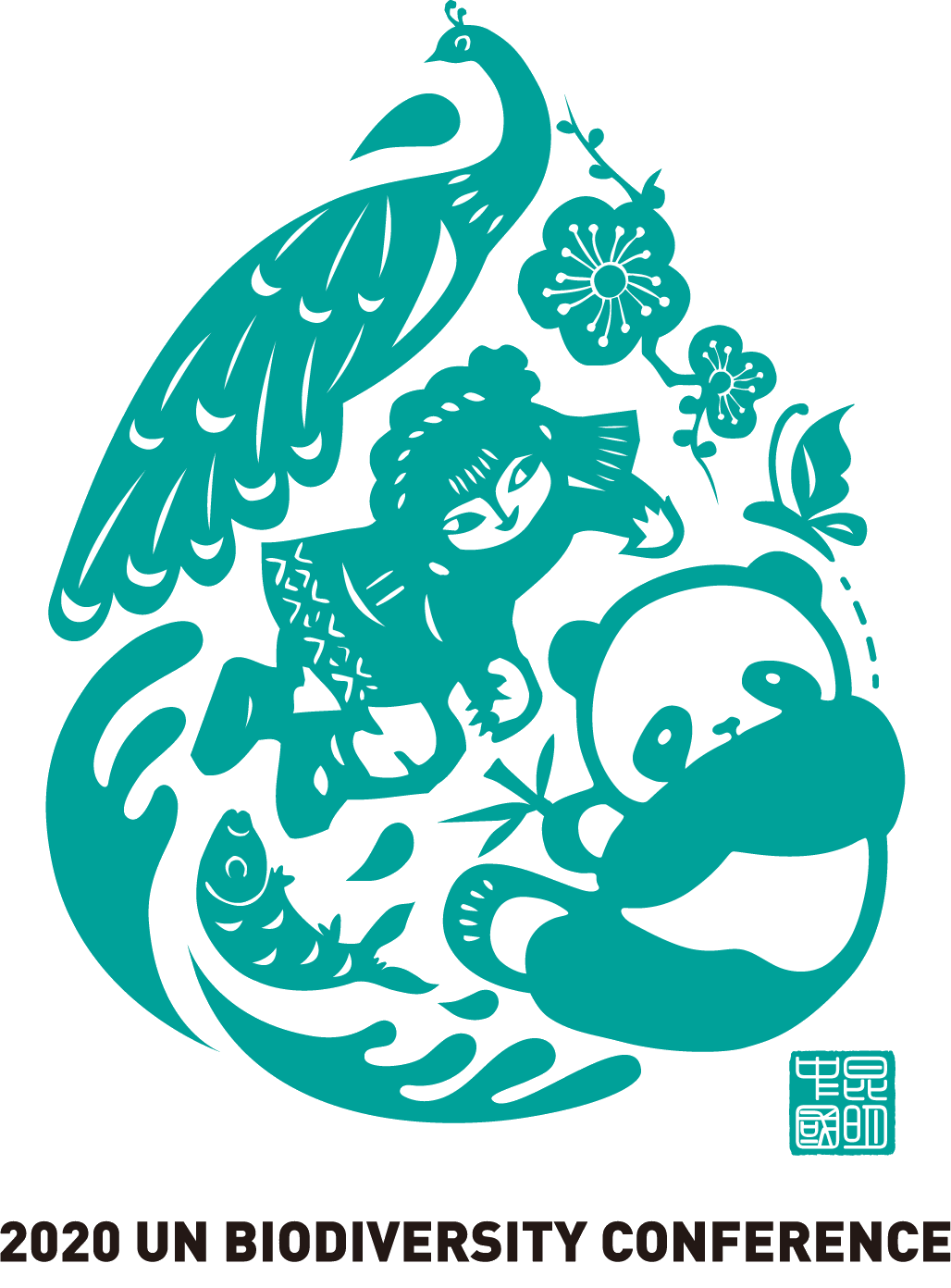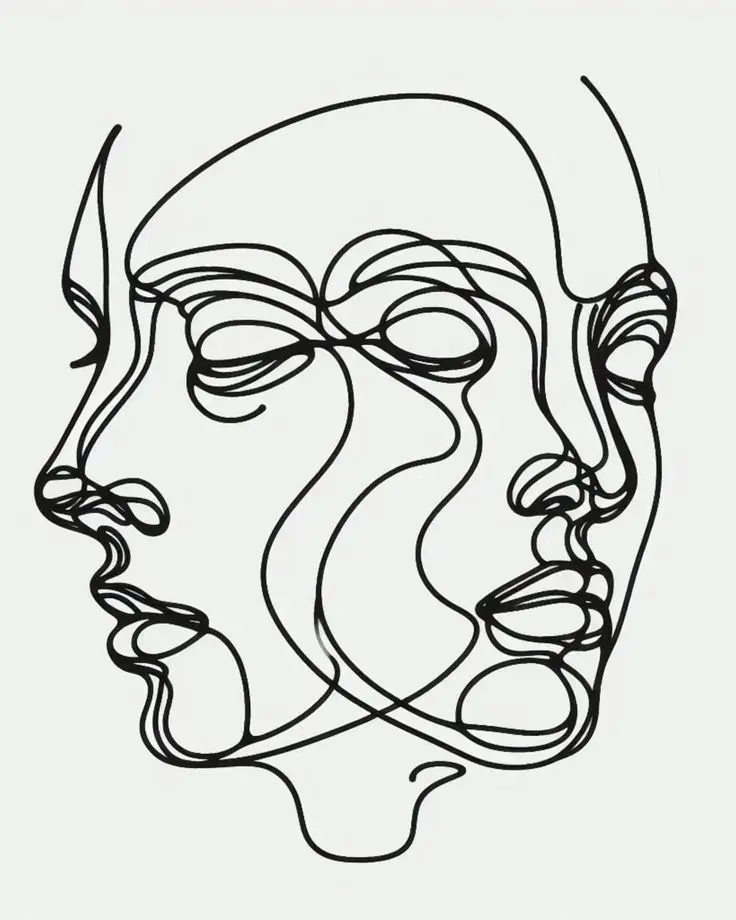
COVID-19: catalyst for a new approach to the human-nature relationship
By: Alexandre Neviaski, Research Leader for Sociology of Law
It has almost been two years since the first case of the coronavirus was detected, yet the mystery surrounding its emergence continues to persist. While for some scientists the pandemic is due to a laboratory experiment, most scientists agree on the hypothesis that it is most likely due to animal transmission. In adopting this perspective, the bat was singled out in the first months as being responsible for the disaster. Then, the blame shifted towards the pangolin. Today, following a study conducted by the Institut Pasteur, the thesis of the bat, or more precisely the Rhinolophus, is the one that stays the course.
So, is the pandemic due to a zootic origin or a human error? However, is this the essential question that should be asked? Instead of looking for a culprit, why do we not ask ourselves if the pandemic was the founding act of global awareness of our coexistence with the flora and fauna that surrounds us?
It is noticeable that global warming is one of the most pressing global threats. However, governments have also understood that it is just as essential to protect animal species as much as possible. Thus, the capture of a million pangolins over the past eight years has struck a chord with Asian leaders. Admittedly, no link can be built between COVID, pangolins and poaching; however, one can imagine that it continues to be necessary to coexist in harmony with the fauna.
The COP15 Convention on Biological Diversity was initially planned for October 20th and then postponed to 2021 before being postponed again to 2022. The conference appears as a potential tool to eradicate, if not greatly reduce, poaching. Moreover, the location of the United Nations conference is not trivial. It will be held in Kunming, China, a country where the first case of the coronavirus was detected and also where the situation of many animal species is precarious.
We can therefore hope that at this COP15, countries will adopt a new international framework aimed at providing a political response to the loss of global diversity with an emphasis on how this will be implemented. Prior to the conference, the UN Convention on Biological Diversity has already presented a draft text to be finalised during the Kunming negotiations aimed at “living in harmony with nature” by 2050 and with intermediate objectives for 2030.
In this conference, participating countries need to agree on three essential and necessary measures if they want the COP15 agreement on biodiversity to have the same impact as the Paris Agreement.
1. Strengthen the rule of environmental law
Countries should integrate the right to a safe, clean, healthy and sustainable environment into their legislative and constitutional frameworks and provide effective remedies for violations of this right. For example, authorities can step up their efforts in the fight against illegal wildlife trade in order to reduce the risks of zoonoses (diseases caused by germs that spread between
animals and people) and promote the rule of law while ensuring access to other means of sustainable subsistence.
2. Guarantee the right to a healthy environment
The deterioration of the environment and the erosion of biodiversity are contributing to the increase in zoonoses which can trigger viral epidemics. These changes also have a stronger impact on certain pre-existing pathologies, such as asthma, which make people more vulnerable to viral infections. Over 150 countries recognize the right to a safe, clean and healthy environment in one way or another. This right is based primarily on a secure climate, access to water and sanitation services, clean air, healthy and sustainably produced foods, non-toxic environments, healthy ecosystems and, finally, respect for biodiversity. These conditions are essential for reducing the risks associated with zoonoses and preventing the proliferation of existing diseases.
3. Rethinking the relationship between humans and nature
The COVID-19 pandemic must cause us all to rethink our interactions with nature and wildlife. About 60% of all infectious diseases and 75% of all emerging infectious diseases that affect humans, which includes COVID-19, are zoonoses. On average, a new infectious disease appears in humans every four months.
Human health and development are based on the integrity of ecosystems. Human induced environmental changes modify the structure of animal populations and reduce biodiversity, which creates conditions conducive to the proliferation of certain carriers of diseases and/or pathogens. The inclusion of the fundamental right to a healthy environment in key environmental agreements is crucial to providing a holistic response to the COVID-19 crisis. This should also lead us to rethink the relationship between humans with the perspective of reducing the risks and preventing other events of this type from occurring in the future due to the degradation of the environment.
What does this all mean?
We can therefore hope that member states will agree to fight more fiercely against poaching or the sale of protected species in wet markets (a market that sells live or already slaughtered animals whether they be wild or domesticated). These negative behaviours are particularly present in Africa and Asia, but it should also not be forgotten that recently the French government did not hesitate to question the ban on the hunting of certain bird species. As with the climate, this fight is a global one where each relationship must be rethought in order to prevent a health catastrophe, like that of COVID-19, from happening again.




Leave a Reply